Erdogan vows to fight inflation, higher interest rates despite growing skepticism
Turkey’s President Recep Tayyip Erdogan has vowed to rein in the country’s alarmingly surging inflation and reaffirmed his support to low interest rates.
Speaking at a function organized by the Ilim Yayma Foundation in Istanbul on Sunday, Erdogan said Ankara will not abandon free market principles and will not put in place a controlled foreign exchange regime.
"The Turkish economy will continue on its way in line with the rules of free market economy, as it has done so far," he said, dismissing claims that the country needs an "economic state of emergency".
Earlier, after a Turkiye-Africa summit ended, Erdogan said "sooner or later, just as we lowered inflation to four percent when I came to power... we will reduce it again."
“But, I will not let my citizens, my people, be crushed under interest rates,” he said in a meeting with African youths, according to a video released on Sunday.
The Turkish leader emphasized that his policy of lowering interest rates was part of a successful “economic independence war” that he claimed will boost exports, employment, investments and growth.
The remarks came as Turkish lira hit a record low beyond 17 against the US dollar on Friday.
Amid rising fears of an inflationary spiral, the currency has lost 55 percent of its value this year and 37 percent in only past 30 days.
Turkey’s annual inflation dropped to nearly four percent back in 2011, when Erdogan was prime minister. It has, however, soared since 2017, jumping 3.5 percent on the month in November and 21.3 percent on the year.
Many economists have described the Turkish government’s policies as reckless and warned that the nation’s inflation will surpass 30 percent in the coming year.
Turkey last week raised its minimum wage by 50 percent starting next year. Erdogan, after making the announcement on Thursday, said the policy shift will deliver the highest minimum wage increase in 50 years.
However, people in the country feel that 50% hike in the minimum wage, which is expected to boost consumer price inflation by 3.5 to 10 percentage points, will be insufficient.
Thousands of Turks took to the streets of Istanbul and the southeastern city of Diyarbakir over the weekend to protest the surging cost of living.
The Turkish president further underlined in his remarks that his country’s troubles were due to "unreasonable attacks" on its economy and dismissed calls for capital controls as "ridiculous."
"The limited rate cuts we have done cannot be the cause of this picture," he maintained, insisting that exchange rates were the "weapon of the game being played on Turkey".
Under pressure from Erdogan, Turkey’s central bank has slashed rates by 500 basis points since September in hopes that the model would expand exports, employment, investments and growth.
Turkey's largest business group TUSIAD, however, called on the government on Saturday to abandon the low rates policy and return to "rules of economic science".
The move provoked Erdogan’s anger, who described TUSIAD’s statement as an attack on the government.
"Our government's economic policy is advancing exactly as we determined, apart from temporary volatility in exchange rates," Erdogan boasted. "I call on all my citizens to stand with their state and government more strongly over the economy."
"God willing, inflation will fall as soon as possible," he hastened to add.
VIDEO | Press TV's news headlines
Iran, Russia stress strategic partnership as Pezeshkian, Putin meet
Iran stresses need for trust, solidarity among world’s nations
Israel admits it inflicted less damage to Iran than initially thought
VIDEO | Venezuela condemns US seizure of oil tanker
VIDEO | Iran, Africa strengthen scientific, health ties
Iran slams powers for granting Israel ‘special right’ for aggression
‘Act of state piracy’: Iran blasts illegal US seizure of Venezuelan oil tanker


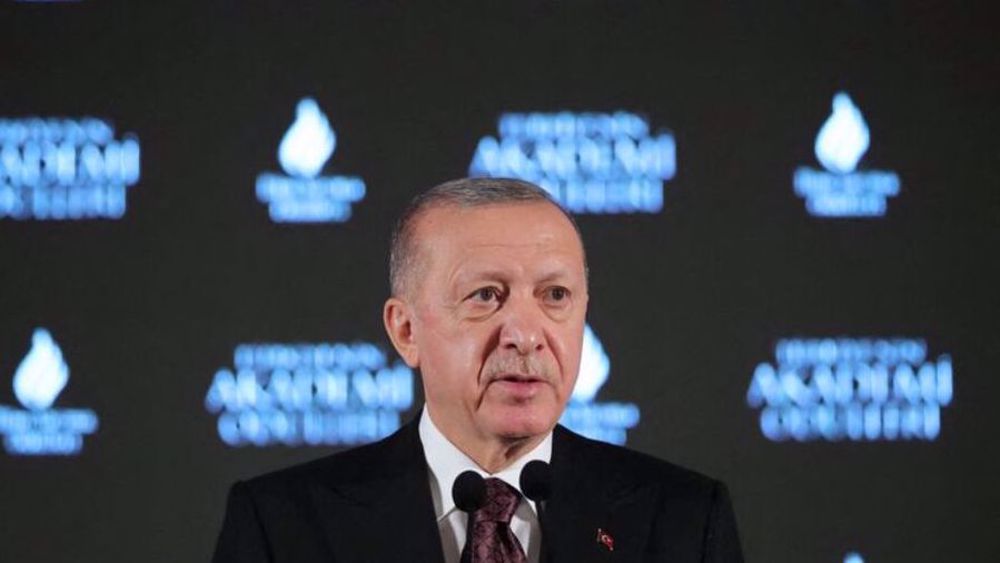
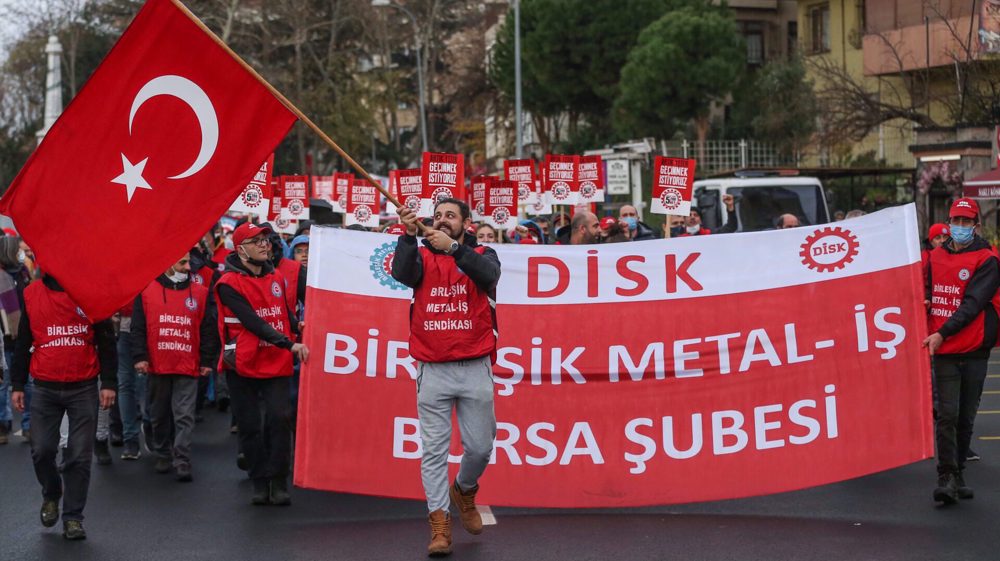
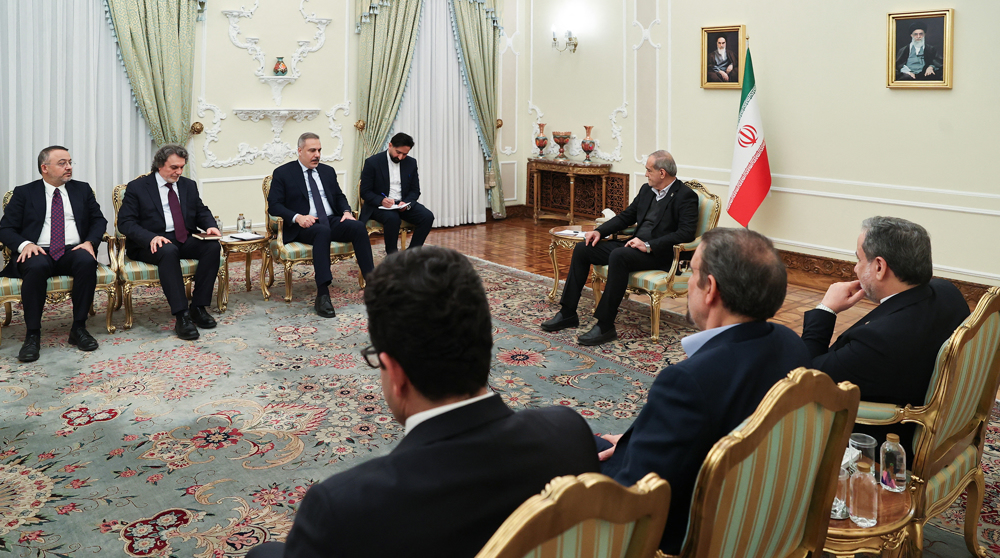
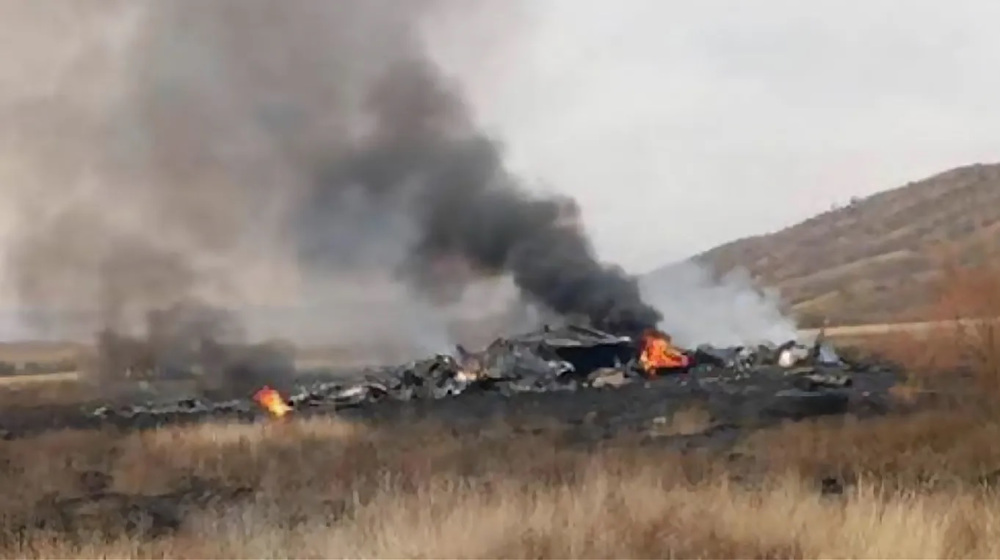




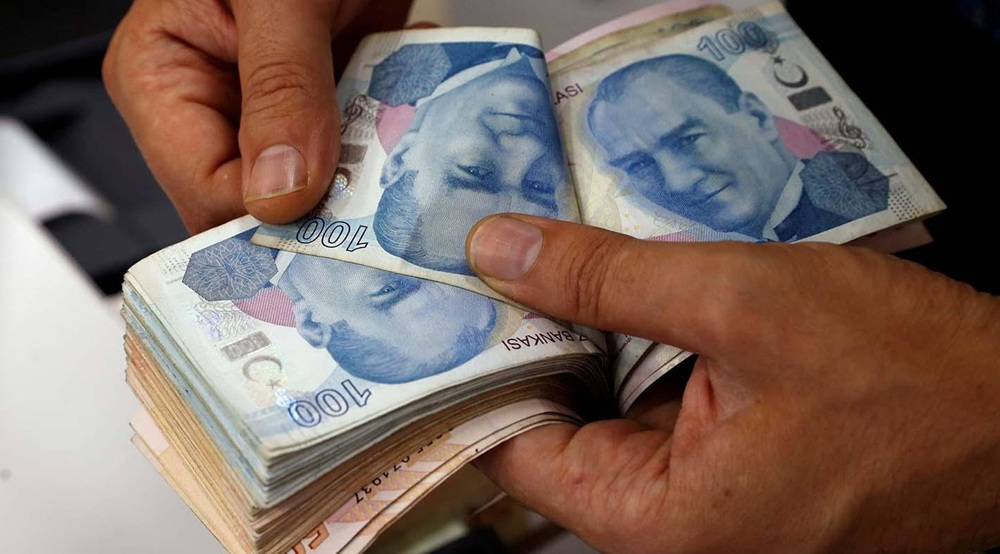
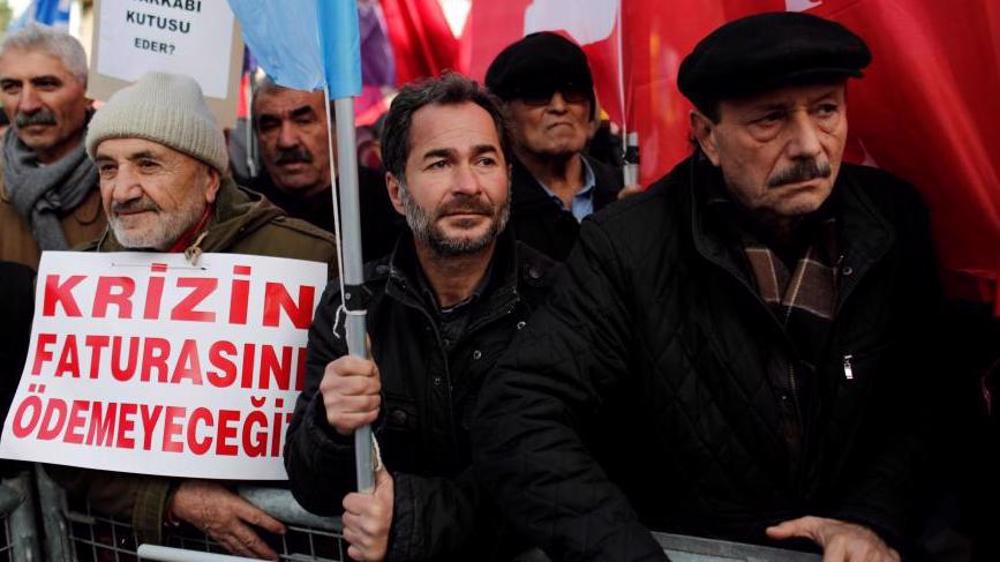
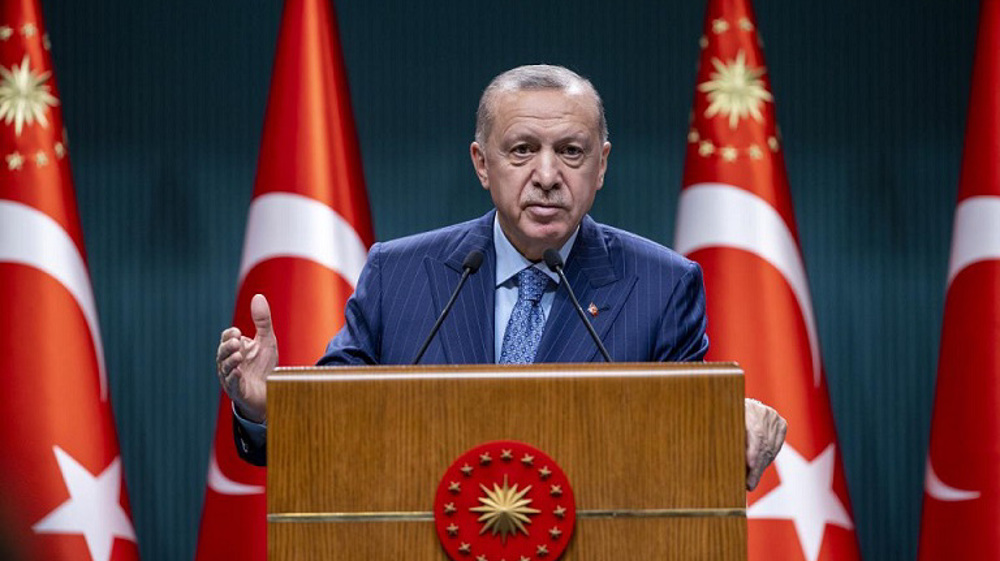
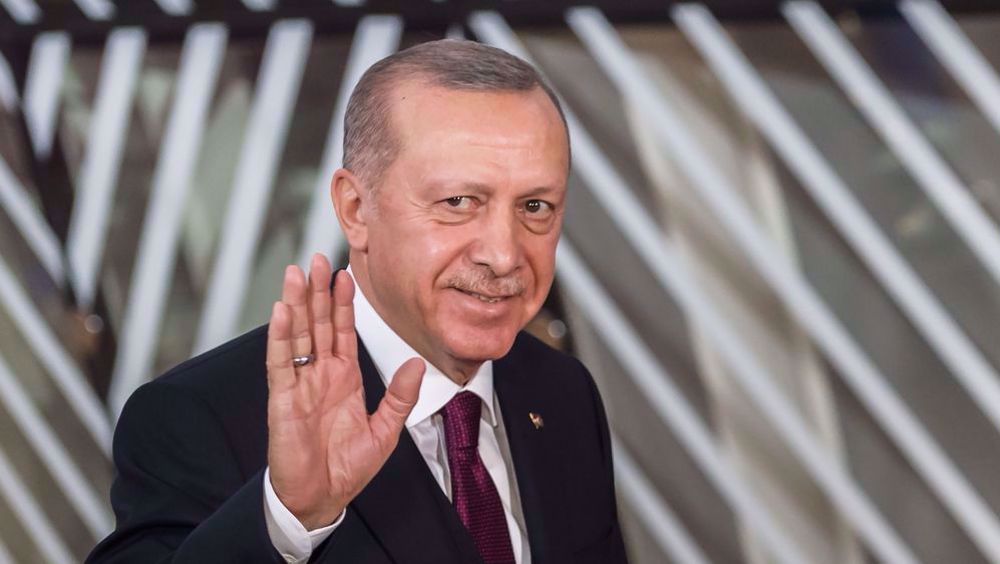

 This makes it easy to access the Press TV website
This makes it easy to access the Press TV website